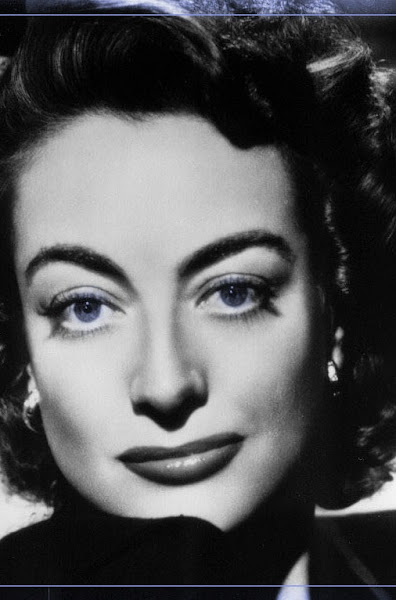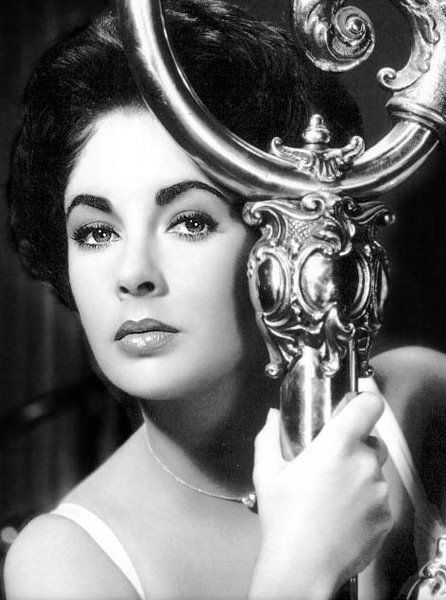 “Hey, what is this stuff?”
“Hey, what is this stuff?”“What? Oh, it’s a bunch of s*** I’m using for this article I’m writing on the death of cinema.”
- Mike Dytri as Luke and Craig Gilmore as Jon in THE LIVING END (Gregg Araki, 1992)
Author’s note: I owe the inspiration for the subject of this column to Jon’s statement from “The Living End.” Because of that film, I always wondered what “the death of cinema” would look like. I think I now know.
Do not get me wrong: I loved “Avatar” (James Cameron, 2009). I enjoy filmmakers with vivid imaginations, which is probably why I enjoy the films of Tim Burton so much. However, “Avatar” signals a concomitantly dangerous and naïve trend in modern cinema: the return of 3-D.
Watching part of a documentary on the making of “Avatar” on Fox Movie Channel, I felt a little part of my soul die when producer Jon Landau asserted, “3-D is the best way to engage with audiences.” Is it really now, Mr. Landau? In the 115 years of the cinema, 3-D has been shown to be little more than an ephemeral fad used to make films more appealing when box office returns are down. It was used in the 1950s in such films as “House of Wax,” “It Came from Outer Space,” and “The Creature from the Black Lagoon,” when the studios were desperate to reclaim the audiences who were tuning in to television. After enjoying brief popularity, other ways to experience a film sensually were introduced, including Aroma-rama, Smell-O-Vision, and tiny electrical currents rigged to theater seats; needless to say, these extreme trends precipitated the downfall of a heightened film experience. In the 1980s, 3-D made a brief comeback through horror films such as “Jaws 3-D,” “Amityville 3-D,” and “Friday the 13th, Part III.” It was put out of its misery soon afterward, especially because 3-D was unable to be translated to home video, which was booming at the time.
The simple fact of the matter is that the film medium, in its inchoate state and as we know it today, is an art that occupies two dimensions. If the cinema is to be exploited for its specific properties, it should be done with a working knowledge of them. The world over cites ubiquitously the film “Citizen Kane” (Orson Welles, 1941) as the “greatest film of all-time,” and it is usually because they recognize with awe the incredible depth cues developed in that film. As a result, an implied “third dimension” is created because deep space makes objects in the foreground appear bigger and objects in the middle- and backgrounds gradually recess into the background.
Am I being conservative, in that I resist “the next step in the evolution of cinema”? Perhaps I am subconsciously protective of the 1200+ DVDs that I own and hope to not have to replace when the digital age brings about the release of computer-engineered 3-D titles such as “Citizen Kane” (to be released on Blu-Ray next year). I do not know if the re-engineering of older, 2-D films is already in the works or not, but I would not be surprised. Orson Welles already did backflips when “Touch of Evil” (1958) was originally hacked to pieces and distributed to theaters by Universal, so why should he have to roll over in his grave because his masterpiece – the only film of his that a studio never bothered – should be 3-D-ed?
I should note that it is not new home video formats that I resist, as I have crossed over successfully into the world of Blu-Ray. Rather, it is simply the precocious defense on the part of studios that viewers desperately want 3-D films. Frankly, sir – and this is for you especially, Mr. Landau – I do not. 3-D will always remain a novelty. I can engage with 2-D films very well, thank you.
I must confess that, because Cameron intended his viewers to see “Avatar” in 3-D, I have not purchased the 2-D version of the film on Blu-Ray, as of yet. Recently, I learned that the film will be released in 3-D at the end of the year… and only if you purchase one brand of HD 3-D TV. Unfortunately, perhaps this 3-D travesty will not be going away anytime soon…
Is the cinema, as we have always known it, in its final days of life before being replaced permanently by a bombastic new format with an “extra” dimension? Is this the death of “cinema”? Only time (the fourth dimension, coincidentally enough) shall tell… Read more...
.jpg)

.jpg)
.jpg)

